For most of Japan, March is associated with blooming cherry blossoms and new beginnings. As the sakura blossoms open up, the whole country shifts gears. Public life is set in motion with a bang, and parks are crowded with people participating in hanami (flower-viewing). It is at these lovely picnics that people enjoy seasonal traditional food.
The warm spring sun means public gatherings and festivals are back. Besides raising a toast to the beautiful cherry blossoms, many also look to new careers, studies, and other opportunities. Japan’s academic and financial year ticks over in early April, and companies seek to hire fresh graduates. Spring in Japan has much to offer, as the mild weather is perfect for getting out and about.
Table of Contents
ToggleJapan’s Best Sakura Spots
You have plenty of options when selecting a spot to enjoy the Japanese cherry blossoms, with thousands of cherry trees dotting the country. A single tree in the park will do just fine, but if you’re looking to get one of the more in-demand locations, you better show up early.
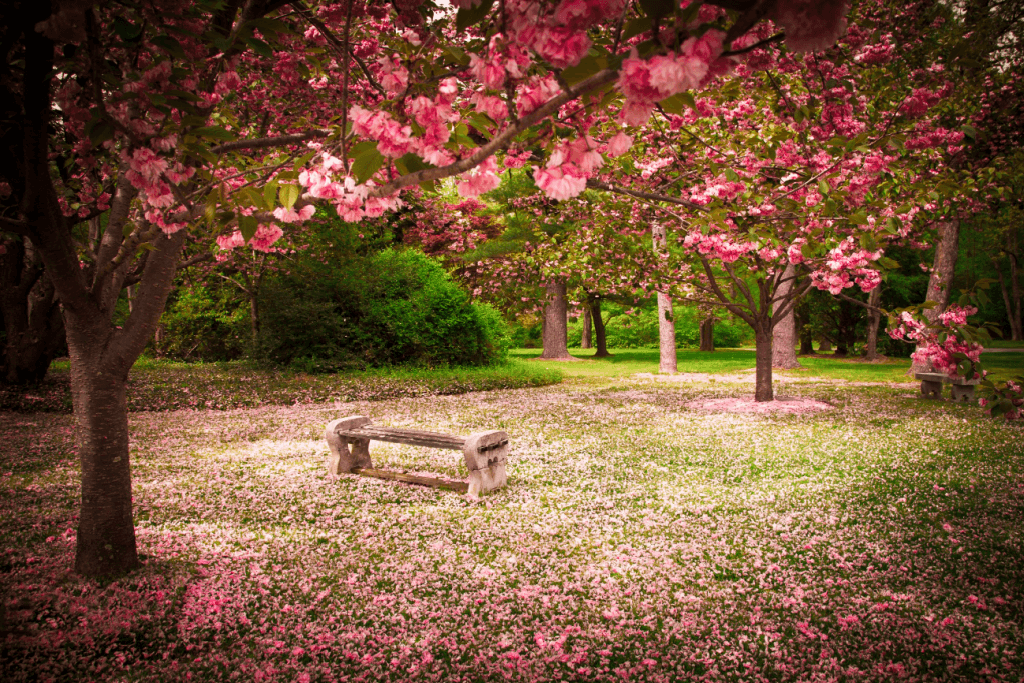
Hanami, the cherished tradition of cherry blossom viewing, captivates the hearts of people across Japan, drawing them to parks and gardens adorned in stunning shades of pink. This cultural phenomenon is so crucial to the Japanese way of life that the gathering crowds are simply part of the experience.
While some might seek quieter, more secluded spots for their sakura viewing, Japan undeniably hosts unique locations worth venturing into the throngs of people or embarking on a journey to reach. From historic temples like Kyoto’s Kiyomizu-dera to the extraordinary blooms of Ashikaga Flower Park’s great wisteria, these remarkable places ensure your hanami experience is unforgettable.
A Snack Guide to Your Own Hanami with Traditional Food
Picking the right cherry blossom spot can be difficult, but the planning doesn’t stop there. Even though there will most likely be no shortage of convenience stores or even hanami festival stalls where you are, once you’ve set up, you want to stay in place.
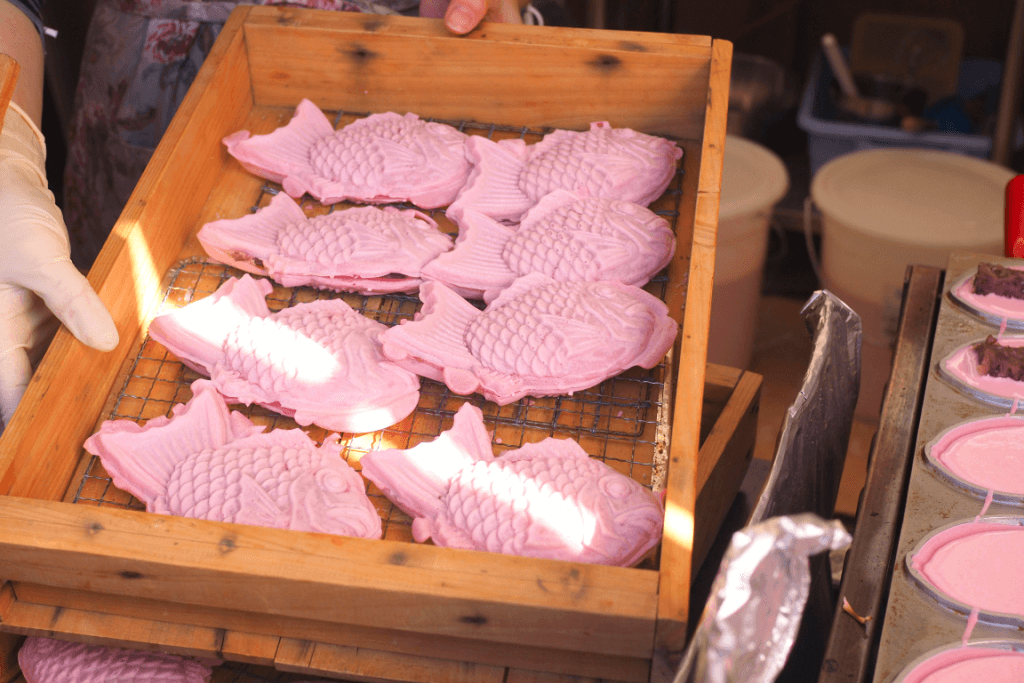
There aren’t any rules for what to eat and drink while watching the sakura blossoms, and most people will bring their favorite shareable foods and plenty of drinks. How you celebrate is up to you: With plenty of traditional Japanese hanami sweets, a glass of Japanese sake, or Japanese beer and savory platters.
Are you curious to try unique Japanese flavors such as sakura yourself? Check out Sakuraco. Sakuraco sends authentic Japanese snacks, tea, and sweets from local makers across Japan straight to your door!
Preserved Flowers and More: What are Tsukemono?
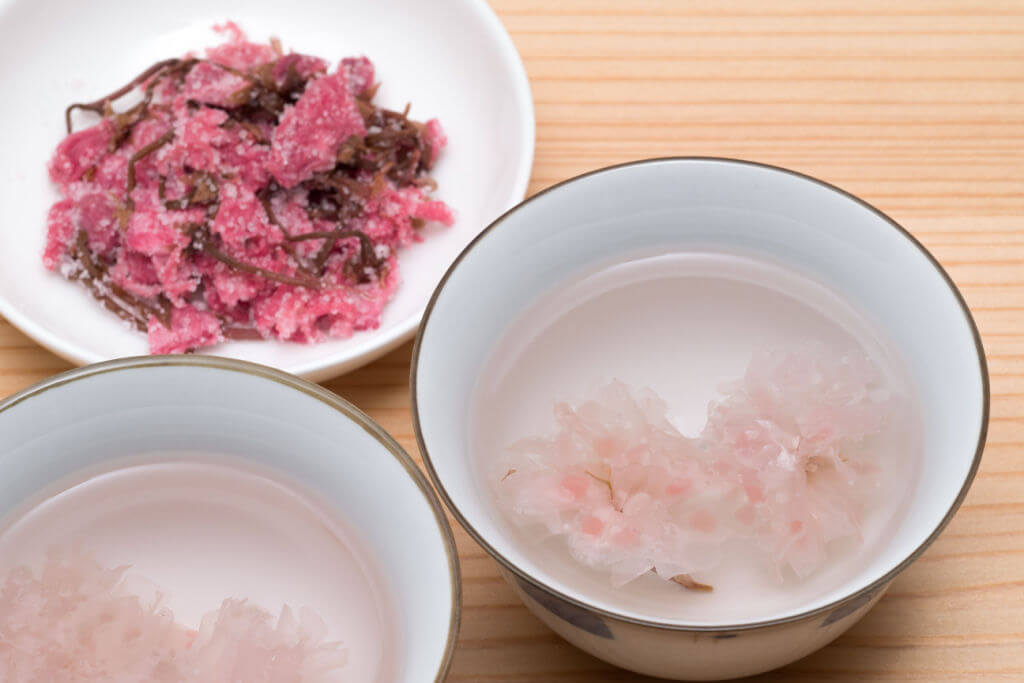
Sakura season is short-lived, and while the fleetingness of cherry blossoms is part of the appeal of hanami, not everyone will find the time to take in the blossoms in full bloom. With plenty of traditional sakura-flavored sweets available, it should be little surprise that there have been successful efforts to preserve the blossoms for a little longer. Pickling has a long history in Japan, and in addition to pickled blossoms, many other popular choices are available.
Bonsai Trees: Japan’s Tiny Sakura Trees & More
Extending the ephemeral beauty of cherry blossoms is possible through pickling. Yet, for the true sakura enthusiasts, there’s a creative alternative to relish the blooms without braving the crowds: Sakura bonsai. These delicate miniature representations of sakura trees bring the essence of hanami to your home.
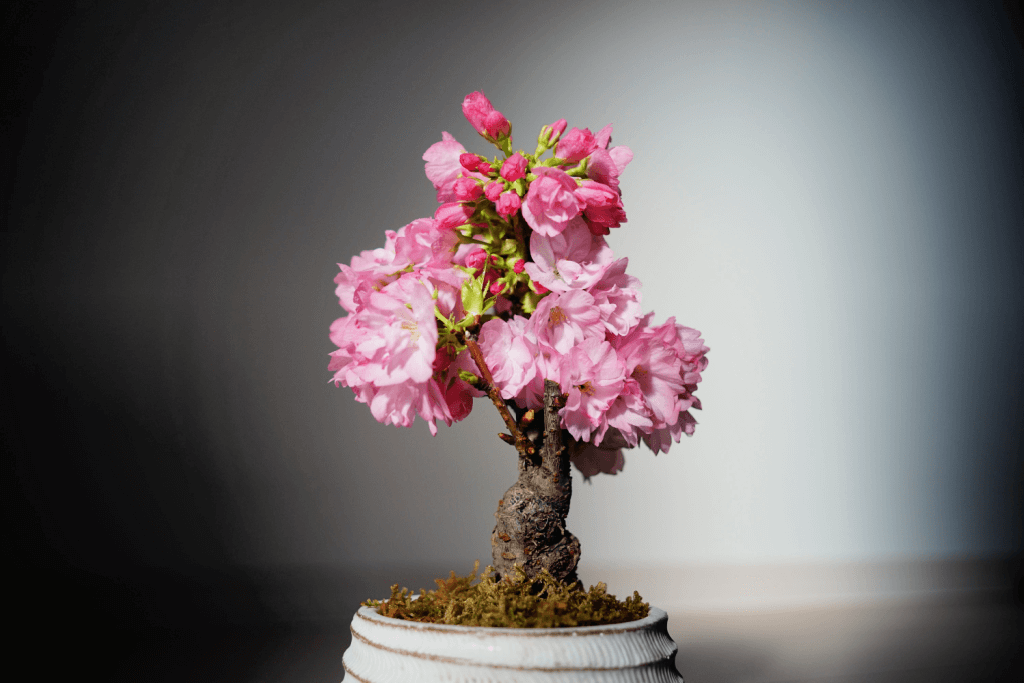
Japan is famous for its bonsai artistry, but diving into this hobby can be daunting for beginners. The intricate techniques, selection of the right cherry blossom variety, and patience required for the endeavor might seem challenging. However, it’s a rewarding journey into a time-honored Japanese tradition, offering a slice of hanami tranquility in your living space.
Japan’s Once-in-a-Lifetime Cherry Blossom Tea
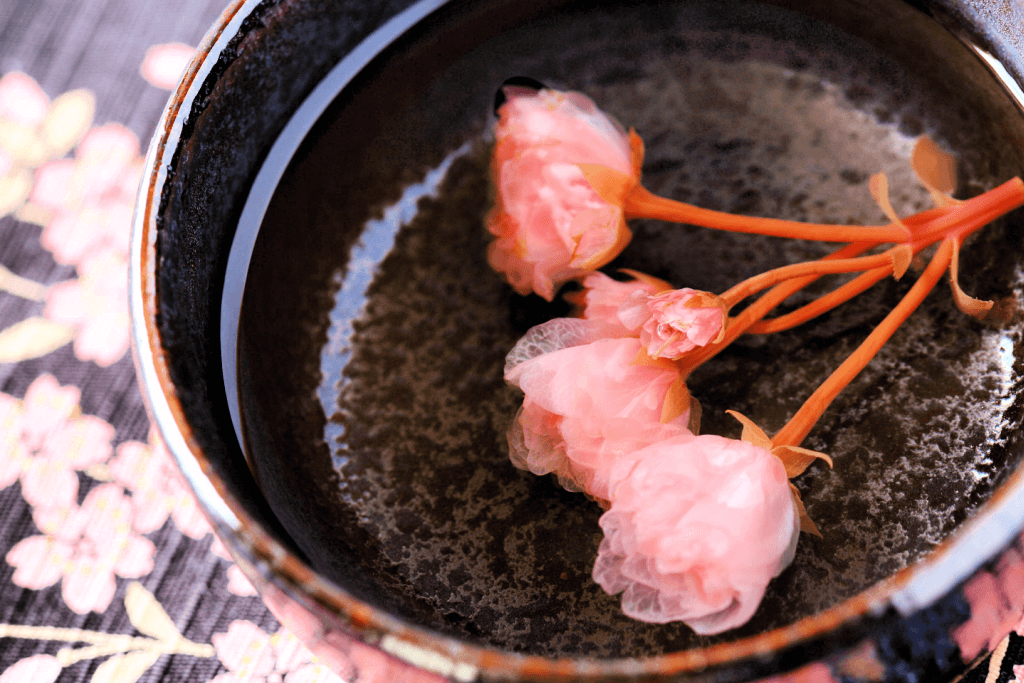
Tea is a part of daily life for Japanese people. With green tea drunk almost like water, its image can be a bit pedestrian compared to ceremonial matcha. The tea ceremony is a lengthy ritual born out of Zen Buddhism; however, essential ceremonies like weddings call for something else. Cherry blossoms are seen as a symbol for the circle of life, effectively rendering cherry blossom tea a marker of new beginnings.
The Secret Ingredient of Japanese Wagashi: Wasanbon
Some traditional Japanese sweets like mochi are slowly finding their way overseas, but many remain relatively unknown. Equally unknown are some of their unique ingredients. Wasanbon is a little-known fine-grained, high-grade sugar, primarily used to make dry sweets to accompany matcha tea. Grown in only one region of Japan, this secret sugar might be the next big thing.
Why do people enjoy traditional food based on cherry blossoms?
Traditional cherry blossom-based food and drinks offer a delightful way to savor the fleeting beauty of sakura. These treats let you immerse in Japan’s rich cultural traditions. The sweet sakura mochi, refreshing sakura tea, or versatile sakura salt bring hanami’s spirit to your taste buds.
They offer a chance to experience cherry blossoms’ enchanting allure and the deep link between nature and Japanese culture. When you’re under sakura, remember to enjoy these timeless treats and toast to the enduring beauty of cherry blossoms. Have you ever had cherry blossom food or drinks before? Let us know in the comments below!

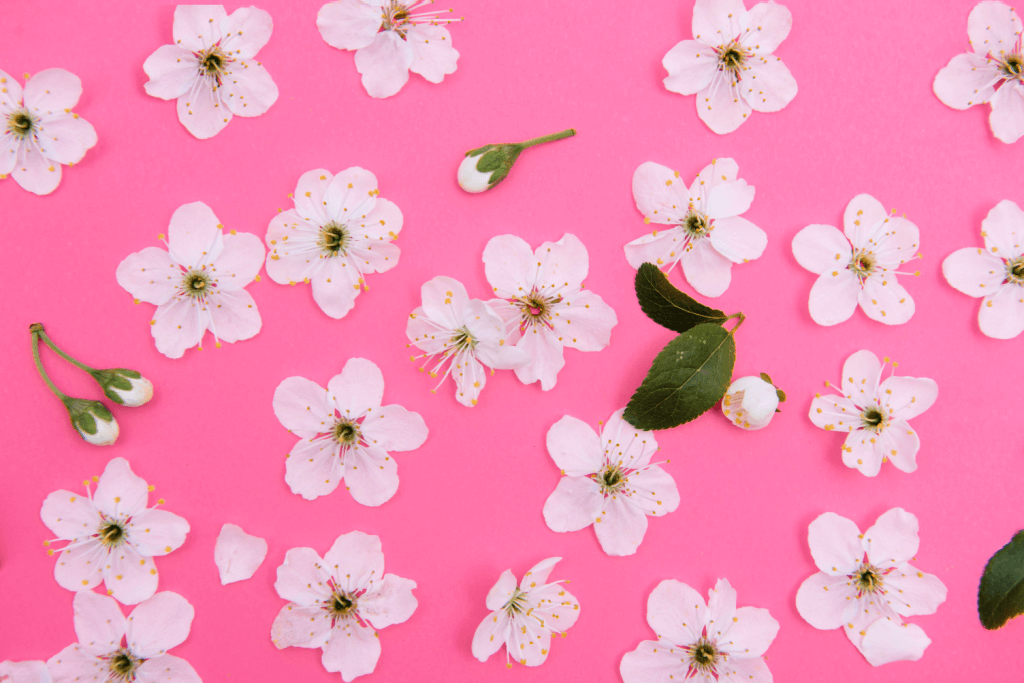


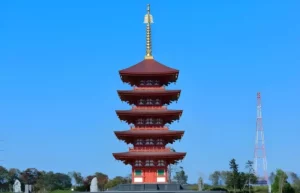

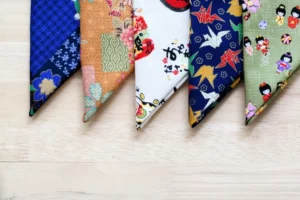




2 Responses
Is that lovely place where people were under cherry blossom trees eating dinner a real restaurant I could visit?
Actually, it’s just an open area that’s there during cherry blossom season! It’s always very busy, but if you get one, you can sit and enjoy food or drinks from the vendors as long as you want!